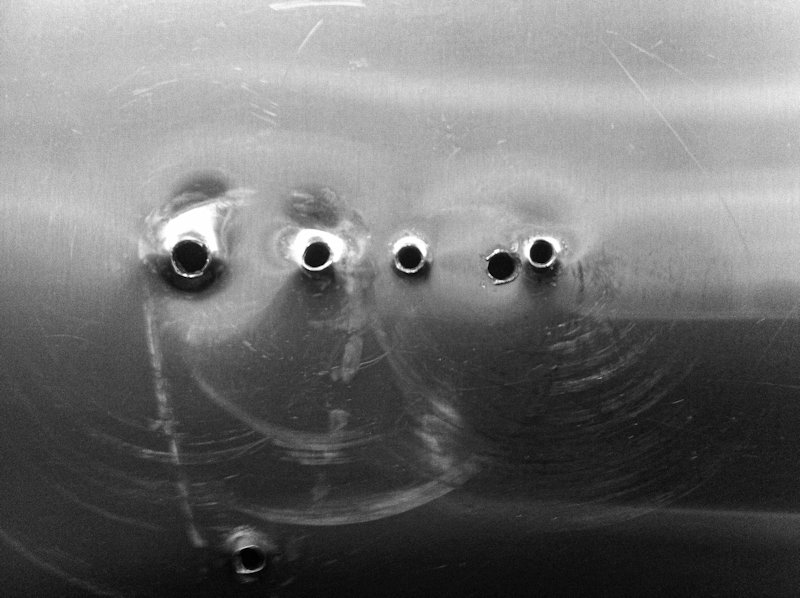
Allah hu Akbar. God is (the) greatest.
Bole so nihaal, sat sri akaal. Whoever utters the following, will be blessed with happiness—eternal is the holy lord.
Bhakt janon Ke sankat, Pal bhar door karein, Om jai jagdish harey. Glory to the holy lord who removes all obstacles in the path of his devotees.
*
My sister, Didi, and I grow up in New Delhi, in the land of eighty million Hindu gods. A city of temples, mosques, churches, gurdwaras. We wake up to azaan calls, guru granth chants, and krishna bhajans. Delhiites have loudspeakers to blast forth loudly our religious fervor.
We Ghoshs are agnostic Hindus. We celebrate everything. On Christmas, Baba gets me—the chocolate hater—pineapple pastries from Wenger’s, the Anglo-Indian confectionary. On Id, we wait for goat curry from our Muslim handyman.
Didi and I fight over whose food is better. Kababs from a Muslim kitchen or chicken tikka masala from a Hindu one. When we hear of someone who eats food for sustenance only, we look at them with suspicion.
*
When Indira Gandhi is assassinated by her Sikh bodyguards, I am thirteen.
Angry Hindus retaliate violently. Sikhs are easy to spot. Their beards. The steel bangle on their right wrists. Their turbans. We pull them off trains and buses. We burn their beards and throw flaming tires around their necks. We mourn the death of our prime minister by killing. We feel vindicated.
Every week, Didi and I would buy Modern bread and Amul butter from our Sikh grocer for eleven rupees. After the assassination, the Hindu mob beat him so badly we don’t recognize his swollen face.
When he opens his store a week later, his left eye is shut, his lips still bleeding. He keeps pulling up his shirt sleeve, because it is torn from the top, sliding down. Perhaps the mob tried to pull him, to burn him too.
That evening, he has ten loaves of bread. No butter.
Didi says softly, “One bread, bhaiyya. One loaf, brother.”
He doesn’t meet our eyes, hands us the loaf wrapped in newspaper.
I say thank you in the British accent that I am practicing. Because it’s 1984 and white people hadn’t done anything wrong to me yet, so why not speak like them.
“Mention not,” he replies in his thick Punjabi accent.
*
In 2012, a white supremacist attacks a Sikh gurudwara in Oak Creek, Wisconsin. Six Sikh granthis are killed. Their names end with Singh, they appear foreign. The nation offers prayers and thoughts.
Afterwards, the Sikhs make an effort to welcome everyone to their langar, the communal kitchen—it’s kar seva, service with your own hands. They focus on what their religion teaches them. Violence as a last resort. Till then, love. Only love.
*
I visit New Delhi in 2017, my first time back in seven years. My parents are gone. Didi now lives in Boston. The Sikh grocer has grown a pot belly and has gray in his beard. The scar over his left eye is barely visible. He now has a three-level shop and looks stressed.
“Modern Bread, bhaiyya,” I say, looking at him the way people who want to be recognized do, asking for something I don’t need.
“We don’t carry that anymore,” he says.
He doesn’t recognize me.
*
I also visit Kolkata, the city my Bengali parents reached as refugees when they were children. I end up in a Jewish pastry shop known for fruit cakes. Nahoum and Sons.
I see the mezuzah at the door. The picture of the Torah near the cash counter.
The Indian man behind the counter hands me a pineapple pastry on a flimsy paper plate.
“Shalom,” he says, smiling.
I smile back.
__
Madhushree Ghosh‘s work has been published, a finalist or Pushcart-nominated in New York Times, The Rumpus, Catapult, Longreads, Hippocampus, Atlas Obscura, The Kitchn, Unearth Women, Panorama, Garnet News, DAME and others. As a woman in science, immigrant and daughter of refugees, her work reflects her roots and her activism. Her current project is her memoir-in-linked essays is titled, Hatke, about outlier women of color who have inspired her to be a tall poppy. She can be reached on Twitter and Instagram at @WriteMadhushree
Photo by Paul Bilger

5 comments
Aarti Awasthi says:
Sep 17, 2019
Thanks dear Madhushree
Trip down memory lane through your words
Madhushree says:
Sep 18, 2019
Thanks, Aarti!
Brandon says:
Nov 26, 2019
Fantastic work. So evocative and still concise. Great read.
Audrey McCann says:
Jun 8, 2020
so happy I stumbled upon this for some morning reading, beautifully done.
josiane seumi says:
Jan 30, 2021
I think the point the author is trying to make in this text, it is to explain or inform us how seeking for violence and revenge can destroy us , otherwise we should live in love without any prejudices and accept everyone.
The author is writing about this experience, to show how we are living in a society deeply religious, believing in all kind of God , but we still don’t accept each others with theirs differences.